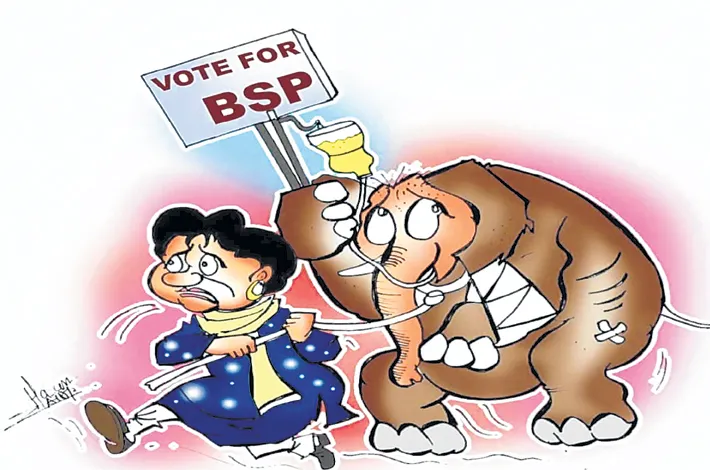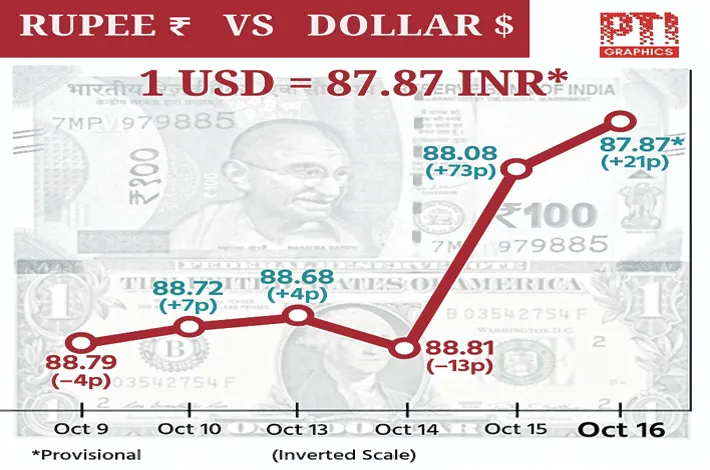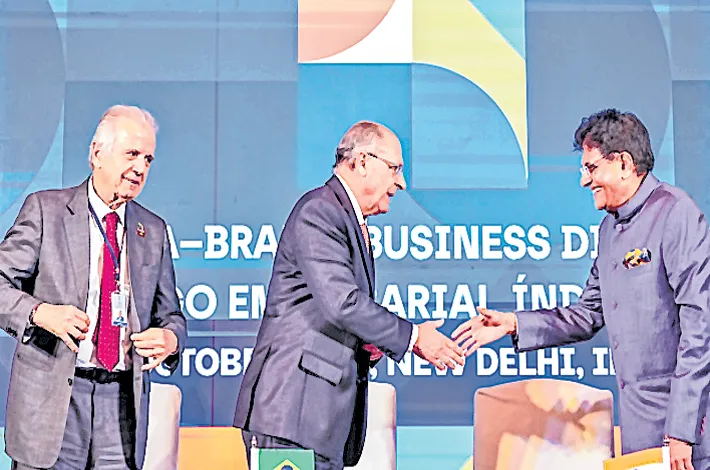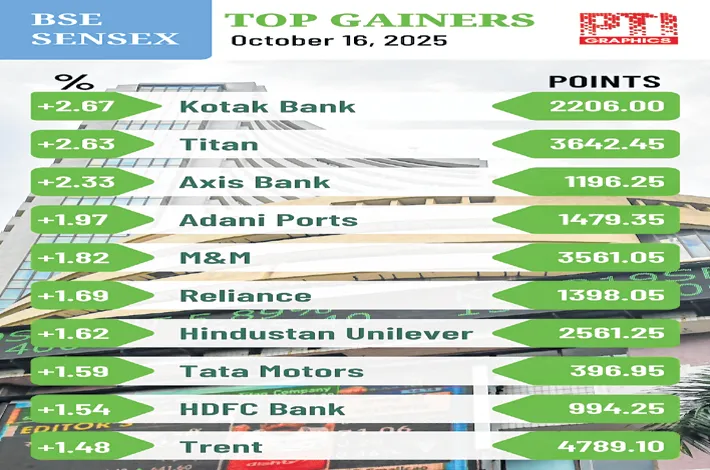From margins to mainstream, Mayawati bids for 2027 polls
17-10-2025 12:00:00 AM

Rise of majority govts and decline of her party have reduced Mayawati’s negotiatory powers, but her electoral presence may still benefit BJP
The Bahujan Samaj Party supremo Mayawati has emerged from her prolonged political hibernation with an eye on the 2027 Uttar Pradesh Legislative Assembly elections, determined to revive her dwindling political fortunes. She chose the death anniversary of BSP founder and her mentor Kanshi Ram for her public comeback and picked the state capital Lucknow to ensure maximum impact.
She wasted no time in launching a sharp attack on the Samajwadi Party and the Congress, while offering a backhanded compliment to the ruling Bharatiya Janata Party. It was clear that her immediate objective was to sow discord in the opposition ranks, which could eventually benefit the BJP as it seeks a third consecutive term in office.
From being a ruling party with a clear majority between 2007 and 2012, the BSP has steadily lost ground. Today, it has just one MLA in the 403-member Assembly and no presence in Parliament. This decline has not deterred Mayawati from issuing a clarion call to party workers to work towards installing her once again as chief minister to safeguard the interests of the Bahujan Samaj—the Scheduled Castes, Scheduled Tribes and other oppressed groups.
Mayawati’s best years in politics are unmistakably behind her, yet her tenure as chief minister remains noteworthy. She stands just behind incumbent Chief Minister Yogi Adityanath in terms of the longest time in the chair. Over four separate terms, she has held office for 7 years and 16 days. Moreover, she is the only one among the 21 chief ministers of Uttar Pradesh to have taken the oath of office four times since the first Assembly was formed in 1952.
While nothing can be ruled out in politics, imagining the head of a one-MLA party becoming chief minister again in 2027 seems far-fetched. In 2022, the BSP contested all 403 seats but won just one. Its tally fell from 19 to one MLA, and its vote share dropped by 9.35 per cent compared to 2017, settling at 12.88 per cent. The slide continued in the 2024 Lok Sabha elections when its candidates contested 79 of the 80 seats from Uttar Pradesh, failed to win any, and secured only 9.39 per cent of votes statewide.
Much water has flowed down the Ganga and Yamuna since Mayawati was voted out more than eight years ago. While her core loyalists remain with her, a large section of BSP’s voters has shifted allegiance to other parties. Reviving a largely dormant organisation just 16 months before the elections may be aimed at halting further erosion and reclaiming some relevance. But it is difficult to see the BSP winning the 202 seats needed to form a majority.
This raises the larger question: Is Mayawati genuinely trying to revive the BSP, or is she simply seeking to protect the crores she is alleged to have amassed through questionable means, matters that have often been discussed but never seriously investigated? In the past, the BSP support has, at times, been crucial to governments in Delhi and Lucknow, giving her leverage. Today, with majority governments in place both in Uttar Pradesh and at the Centre, neither needs her support. The BJP, however, can still use her presence to divide the opposition vote in the state.
The ruling party’s political rivals often accuse it of employing such tactics, labelling leaders who attempt to regain relevance in the opposition space as the BJP’s ‘B team’. Mayawati is not alone in attracting such speculation. AIMIM president Asaduddin Owaisi is often placed in the same category. It is hard to determine whether these leaders are acting to strengthen their own parties or to aid the BJP, but in Mayawati’s case, the Sword of Damocles continues to hover.
There is a persistent belief that she deliberately let the BSP go into near dormancy before the 2017 polls when the BJP was poised to attract a share of the Dalit vote. After the 2022 results did not fully favour the BJP, she appears to have been encouraged to restart her outreach. In her Lucknow rally, she accused successive central governments of framing her and her relatives in what she called “frivolous cases” and complained that she received no relief even when the Congress was in power.
Debate simmers over whether Mayawati’s latest moves signal a real intent to resurrect the BSP’s fortunes or are tactical efforts designed to secure her personal standing and resources. Her career has long been clouded by allegations concerning unexplained wealth, but investigations have always been inconclusive, perhaps reflecting the complicated equations of the coalition-era India when her parliamentary clout was highly prized, especially after the Left’s withdrawal of support to the UPA in 2008 over the India-US nuclear deal.
Mayawati’s 19 MPs were in a position to save the Manmohan Singh government. In return, both the Congress and the BJP allegedly assured her immunity in corruption investigations gathering dust in the files of the CBI and other agencies, cases that could be revived at any time. The rise of majority governments, both at the state and national levels, and the decline of her party have reduced her negotiatory powers, but Mayawati’s electoral presence may still benefit the BJP by splitting the anti-incumbency vote, which can work to the ruling party’s benefit.








